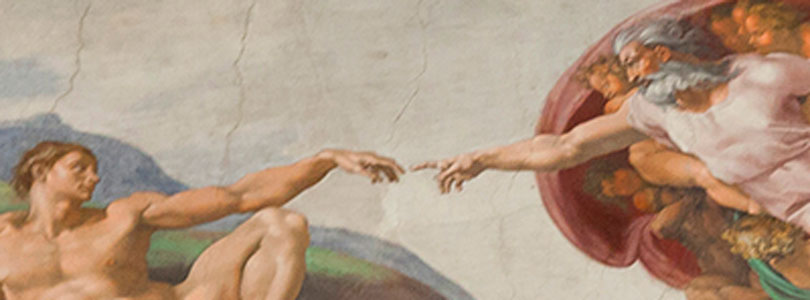Immortality & Meaning
Unfortunately, my jotted notes aren’t sufficient for me to tell which recent episode of EconTalk generated them, and host Russ Roberts has been getting philosophical a lot, lately, so it isn’t obvious which it might have been. Whichever episode inspired them, my notes suggest that the host and guest mutually accepted the proposition that humanity’s desire for meaning is inextricably linked with our mortality and longing for something permanent.
Anybody who has thought about his or her own legacy has probably pondered such things before, and it’s probably been a depressing experience. What can you do that will be remembered, Ozymandias? Some amazing act or a famous book might have you remembered for some centuries, maybe even millennia (although the noise of competition is becoming louder the more plausible it becomes to preserve everything). Eventually, though, the planet will cease to be. The context of the idea on EconTalk, I believe, was the further suggestion that the universe itself will end.
What meaning could there possibly be if there is nothing permanent?
I’m not sure that’s the right question. If we manage immortality and develop reasonable confidence that the material universe is eternal, will that stop our longing for meaning? Or will we look at our eternal lives and wonder why any of it matters, certainly why one thing matters more than another? Even if we pick a purpose for a current epoch, the ebb and flow of the tide of events will ensure that our works will eventually be undone and then redone by others.
The idea that meaning derives from there being something permanent misses, I believe, a central aspect of meaning, which is that it is all about communication. We want to connect. Meaning for the writer comes from the connection with the reader, not the fact that a reader might recognize his or her name. Meaning for a hero comes from the prospect of gratitude and admiration — again, not from mere, ignorant recognition.
So, maybe adding an “if” will do the trick. If we manage immortality, and if the universe is eternal, and if people who recognize us will also live forever and be able to acknowledge a connection, will that solve our quest for meaning?
Somehow, I don’t think so. After all, who is that other person? Just a person, and as such, ultimately unable to dispense meaning. The high of a single connection will fade, and even with perpetual communication, eventually two people will have nothing additional to say to each other, and they’ll look at each other and ask, doubtfully, “The meaning of the universe is you?”
Perhaps, though, if we think of a permanent interaction in which that other person could never be fully known to us, in an eternity of self-revelation. And maybe if we could be confident that having a relationship with this person is the right use of our eternity (which now brings the necessity of judgment into the mix).
All of this begins to look a lot like humanity’s desire for meaning is inextricably linked not with our mortality or permanence, per se, or communication, per se, or judgment, per se, but with a person who embodies all of those things uniquely and permanently in our universe and beyond, and universally for all of us.




